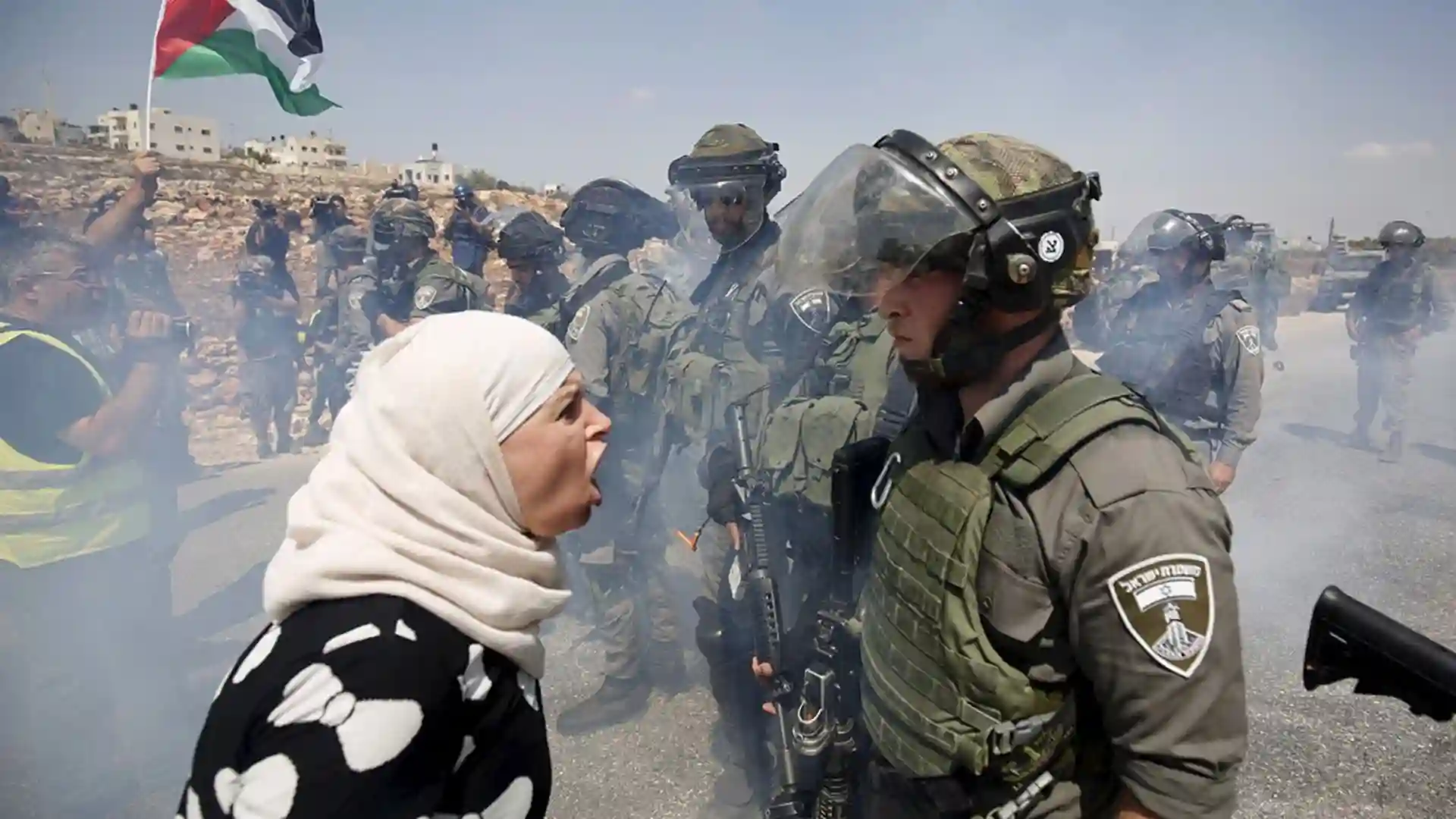The International Court of Justice (ICJ) issued a ruling on Friday affirming the right of Palestinians to be protected from acts of genocide. In their decision, a panel of 17 judges, called upon Israel to take all necessary measures to prevent any actions that could violate the 1948 Genocide Convention, Al Jazeera reported. The court also urged Israel to allow the entry of vital humanitarian aid into the Palestinian enclave, expressing deep concern over the ongoing loss of life and suffering in Gaza.
The provisional ruling did not explicitly demand an immediate cessation of Israel’s military operation but ordered Israel to prevent and punish any public incitement to commit genocide, while also urging Hamas to release any remaining hostages it may be holding. Israel was further instructed to preserve evidence related to allegations of genocide and provide a report on its compliance with these measures within one month.
Dissenting votes came from Judge Sebutinde of Uganda and the Israeli representative, Judge Barak.
The Case:
South Africa filed a case against Israel at the International Court of Justice (ICJ) in December 2023, accusing it of crimes of genocide against Palestinians in Gaza after nearly three months of relentless Israeli bombardment had killed more than 21,500 people and caused widespread destruction in the besieged enclave. In an application to the court, South Africa described Israel’s actions in Gaza as “genocidal in character because they are intended to bring about the destruction of a substantial part of the Palestinian national, racial and ethnical group”.
South Africa’s 84-page lawsuit, filed on December 29, 2023, accused Israel of violating the 1948 Genocide Convention in the war on Gaza that began on October 7, 2023. South Africa asked the court to order Israel to:
- Suspend military operations in and against Gaza (not addressed in the court’s provisional measures)
- Not escalate military operations any further (not addressed in the court’s provisional measures)
- Allow access to adequate food, water, fuel, shelter, hygiene and sanitation.
- Prevent the destruction of Palestinian life in Gaza, including psychological damage
- Not destroy evidence that would support genocide allegations, nor deny international organisations such as fact-finding missions, access to Gaza to help preserve this evidence.
- Abide by the rules of the Genocide Convention.
- Take steps to punish those who have been involved in genocide (not included in the court’s provisional measures).
- Avoid actions that would complicate or prolong the case (not included in the court’s provisional measures).
- Regularly report to the council on their progress toward implementing the measures.
The conflict in Gaza has been ongoing since October 2023, resulting in the deaths of more than 21,000 people, with the majority of casualties being civilians. Israel has been accused of targeting schools, hospitals, and mosques, claiming that they are being used as bases by Hamas. This relentless bombardment has caused mass civilian casualties and led to a dire humanitarian situation in the region.
What Now?
As members of the United Nations, both South Africa and Israel are bound by the court’s rulings and cannot appeal a decision. However, the ICJ itself does not have any mechanism to enforce its orders.
Commenting on the ICJ ruling, UN Secretary-General Antonio Guterres emphasised that despite being a temporary decision, the ruling is binding, and all parties should comply. While acknowledging Israel’s right to defend itself and bring perpetrators to justice, the court highlighted that punishing the entire Palestinian population is not justified. The ICJ issued provisional measures to protect Palestinian rights, considering the imminent risk of irreparable harm.

